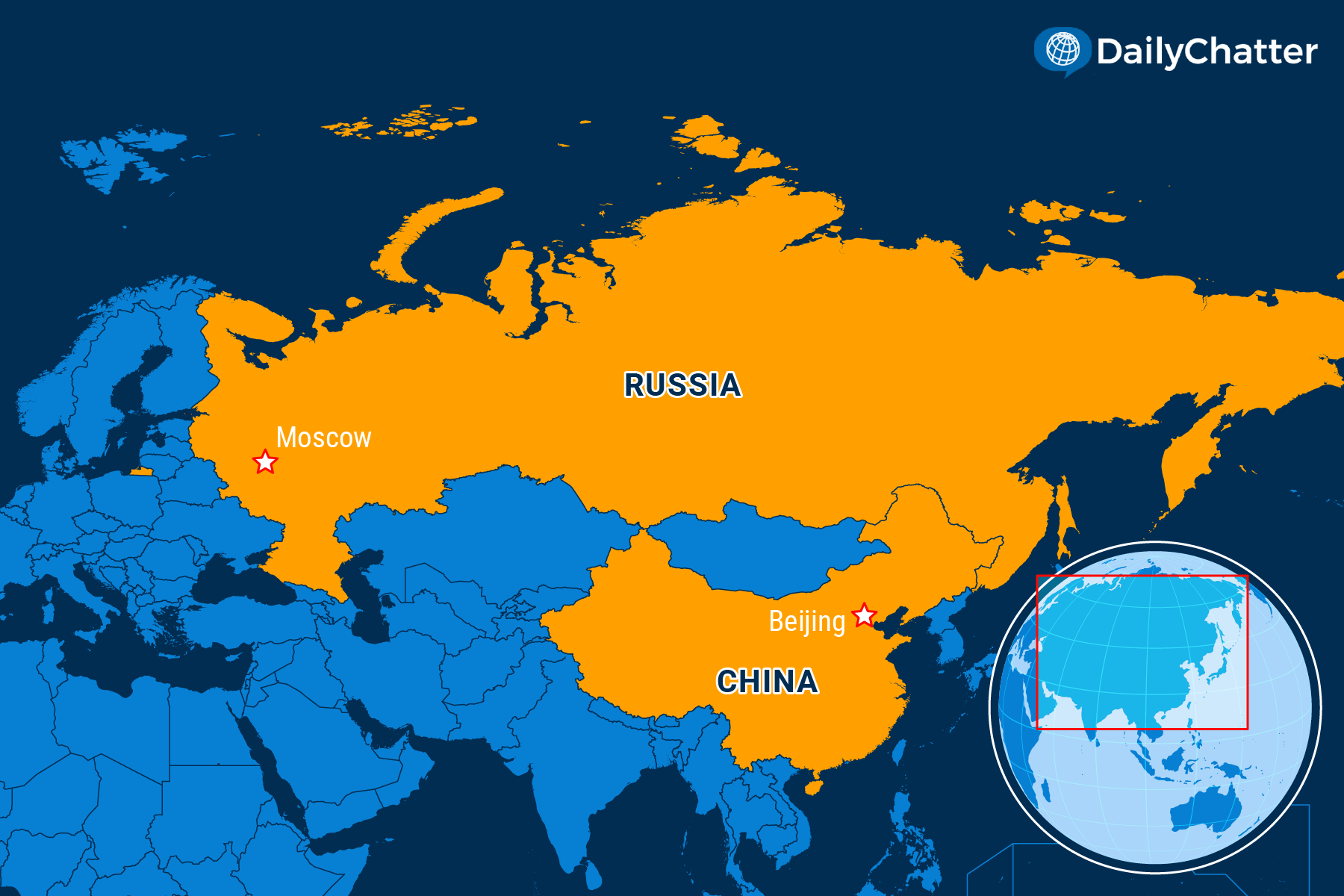Upstaging Ghosts
CHILE

If the legacy of General Augusto Pinochet’s cruel rule haunted Chile for years, the ghost of his predecessor, the late leftwing Chilean President Salvador Allende, is now getting its chance to do the same.
Pinochet seized power in a coup that unseated Allende in 1973. As the National Security Archive showed using US government documents, the CIA backed the general’s violent rise to power because American officials feared Allende’s socialist policies might succeed and demonstrate their effectiveness amid the ideological conflicts of the Cold War.
Until 1990, Pinochet led the country with an iron fist that promoted economic growth at the expense of human rights, particularly those of leftists who opposed his brand of free-market capitalism. Remaining as commander in chief of the army through 1998 and a senator until 2002, he died in 2006 before answering for his crimes.
The recent victory of leftist candidate and ex-student activist, Gabriel Boric, who at 35 will be the youngest person to become the Chilean president, over far-right populist José Antonio Kast could be the end of the era that Pinochet created.

The election presented Chilean voters with diametrically opposed visions for “the economy, the rights of historically marginalized groups and public safety,” wrote the New York Times. Boric called Kast a fascist who wanted to empower the police, expand the prison system and crack down on indigenous communities asserting their rights. Kast claimed Boric wanted to turn Chile into Venezuela, where an authoritarian socialist regime has ruined the economy.
As the Washington Post explained, Boric has vowed to “bury” the neoliberal policies that Pinochet enshrined in the country’s 1981 constitution. Following civil unrest over inequality, lawmakers are now drafting a new document.
“We are a generation that emerged in public life demanding our rights be respected as rights and not treated like consumer goods or a business,” Boric said in the capital of Santiago recently, according to the Guardian.
The question now is whether his policies will work when the Chilean economy is slowing due to ongoing protests and the coronavirus pandemic. Chilean stocks fell after Boric’s win as nervous investors worried that Chile’s pro-business, conservative fiscal policies might change, Bloomberg reported.
Boric moved to reassure them. He, for example, is already “softening” his plans for reforming pensions, expanding the social safety net, implementing universal health insurance, increasing taxes on companies and the rich, and spending big on green technologies, the BBC noted.
The new president has vowed not to allow foreign pressure to undermine Chile’s democracy when he takes office in March. That might be an impossible task.





